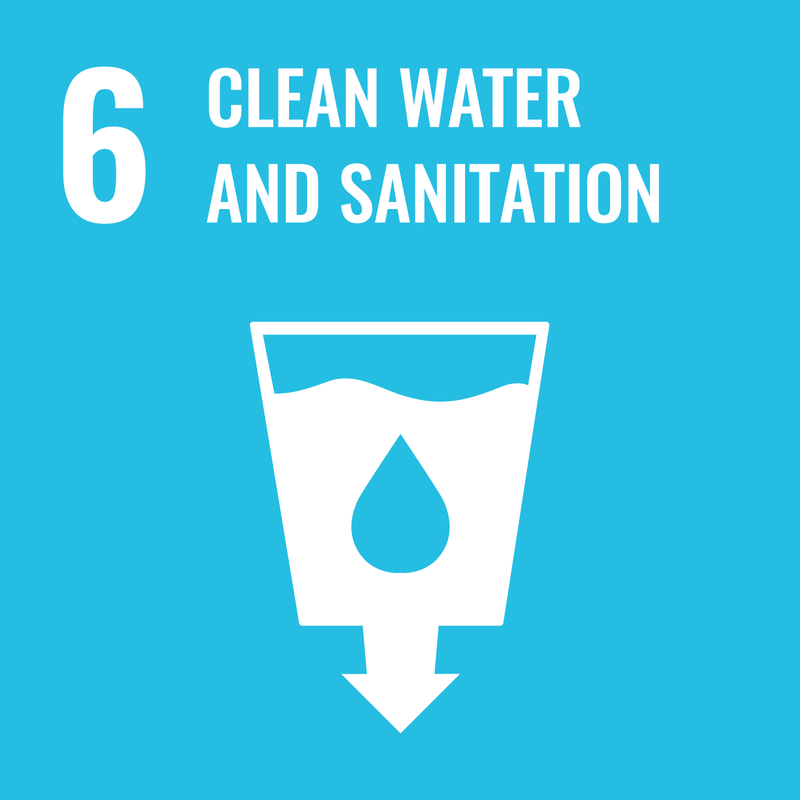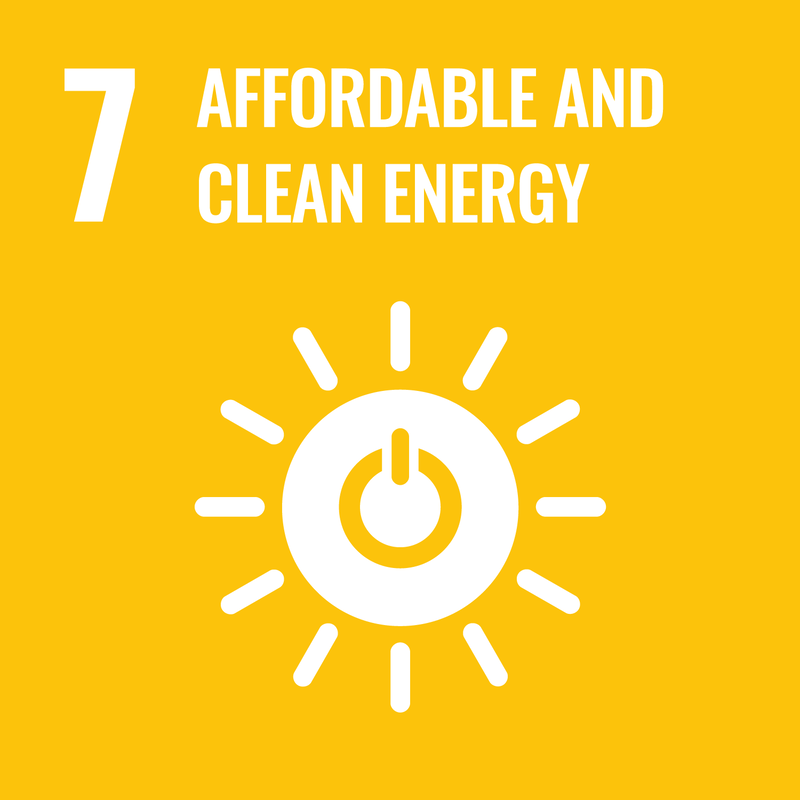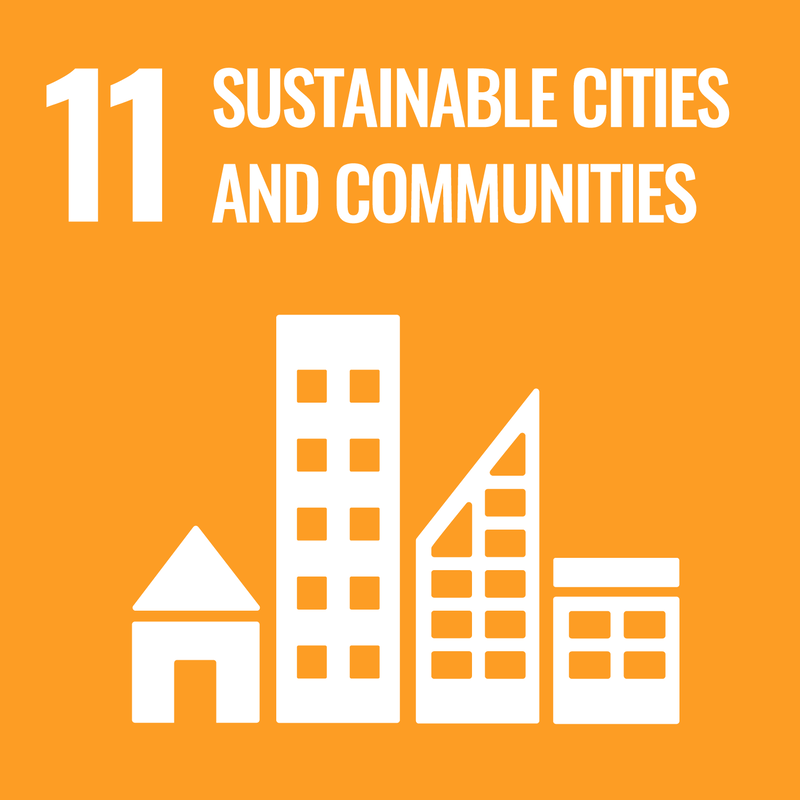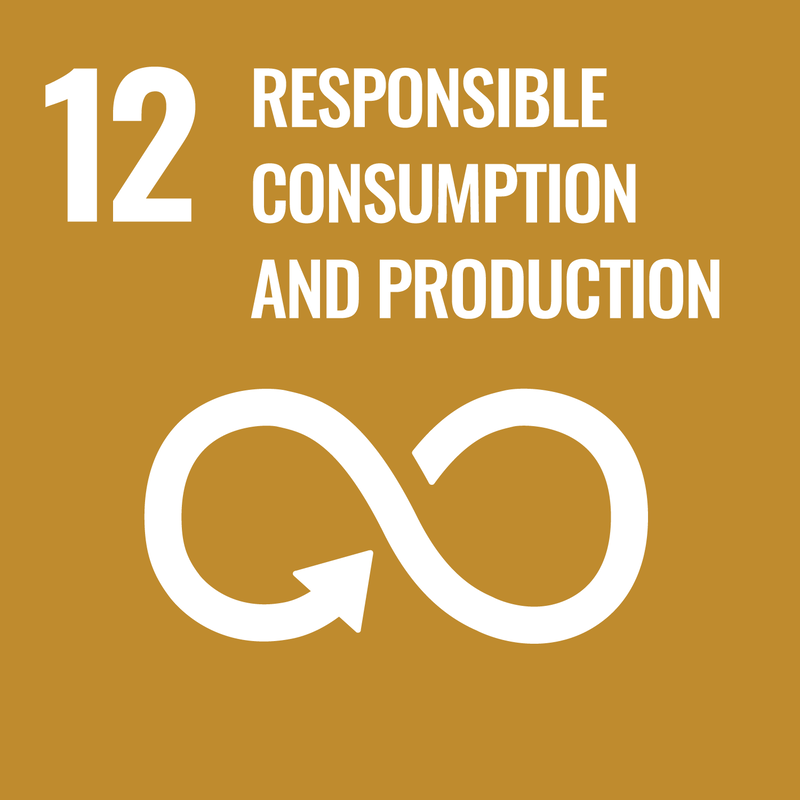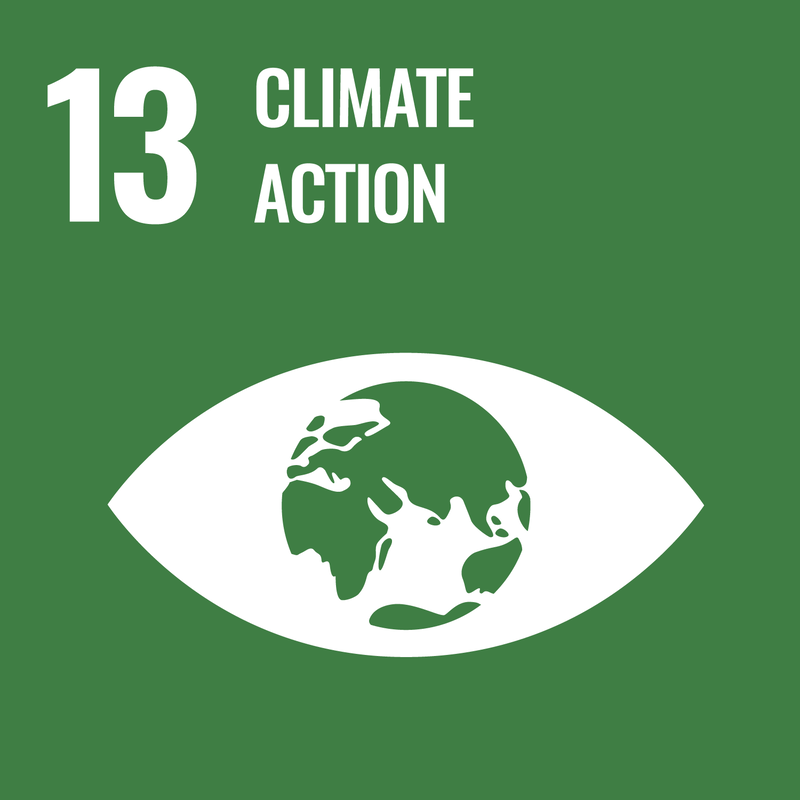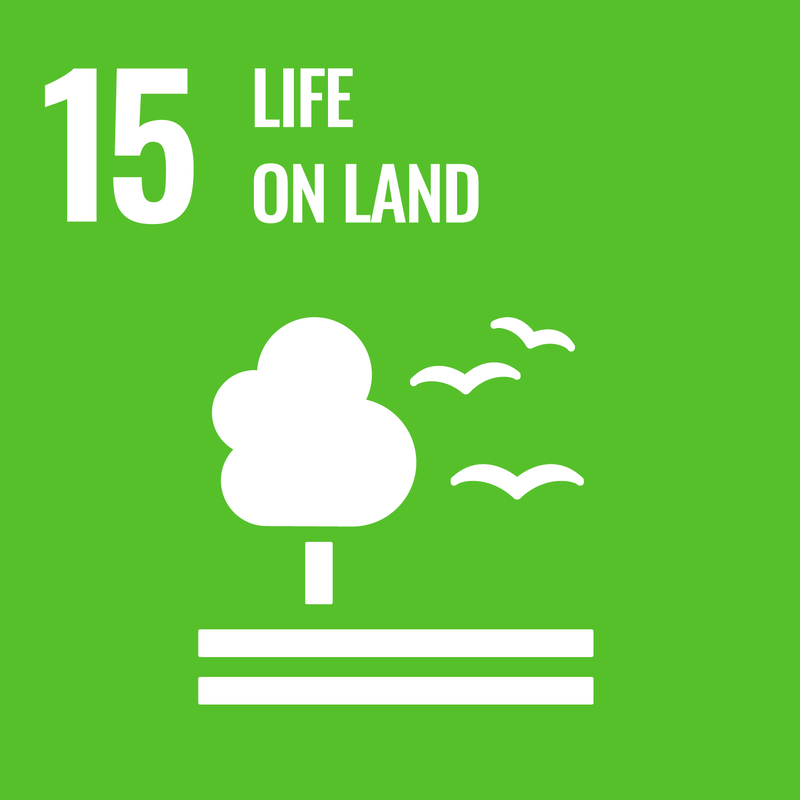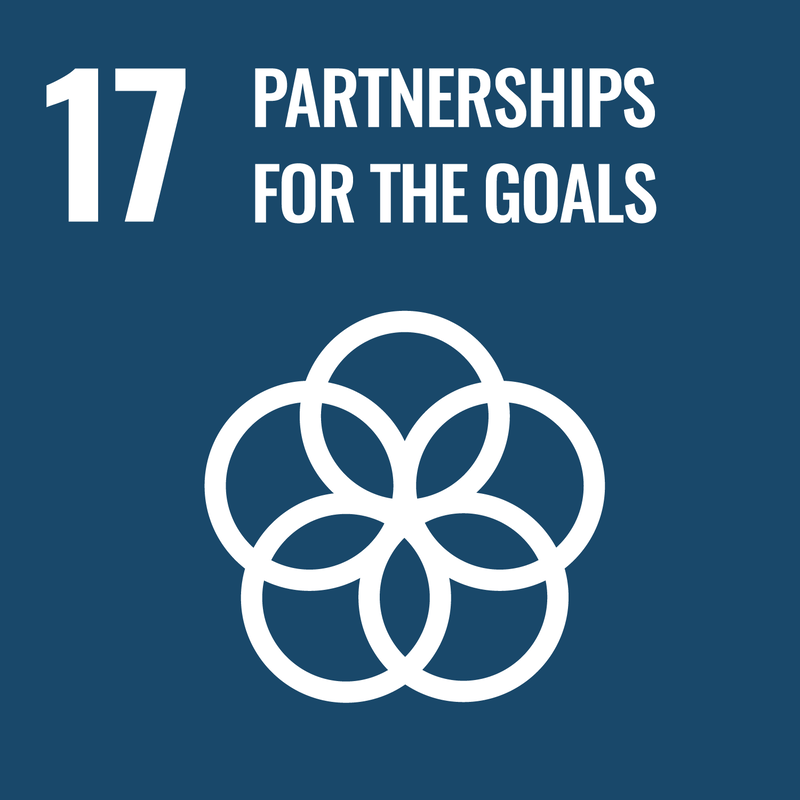Goulburn Murray Climate Alliance
- Home
- About
-
Projects
- A Resilient Public Estate
- 2023 Climate Leaders Forum
- Sustainable Subdivisions
- Planning for a Safe Climate
- Naturally Cooler Towns
- Victorian Energy Collaboration
- Climate Change in Agriculture Conference
- Climate Smart Agriculture Development
- Charging The Regions
- Carbon Crunching Councils
- Watts Working Better
- Regional Climate Change Adaptation
- Awards
- Advocacy
- Contact
The GMCA Strategic Plan aligns with seven core SDGs. Each has a localised alignment with our regional 2022-26 Strategic Plan goals, targets and indicators.
The GMCAs new 2022-2026 Strategic Plan has now aligned its goals, targets and indicators to the relevant United Nations global Sustainable Development Goals which you see above. We have aligned our existing focus and indicators to the SDGs, and localised the global outcomes of the overarching Goals whilst retaining the ethos and intent of the global goals. The GMCA is engaging with the UNSDGs to demonstrate accountability and a legacy in the face of rapid climate impacts that we are striving to stop, slow and adapt to for communities here and ultimately, everywhere.
Why the Sustainable Development Goals?
What makes the SDGs unique? There has never been such overwhelming global consensus on such a well-curated and collective direction of goals. The SDGs are the result of the largest consultation ever undertaken by the United Nations.
Within the body of work that encompasses the SDGs, we can see that they are universal, detailed and transformative. They do not shy away from taking an ambitious lead, nor stop at ambiguous motherhood statements. Though they are global, an enormous amount has been put into assisting local communities and organisations to tailor them to suit their own unique situations, and to make them accessible and actionable through tools like the SDG Tracker.
In Australia, the SDGs were embraced by the Commissioner for Environmental Sustainability in the Victorian State of the Environment 2018 (SOE 2018) Report where some 170 indicators were aligned to the SDGs across biodiversity, marine and coastal environments, air, water, the cultural landscape, forests, land, fire, waste & resource recovery, energy, and transport.
The SOE 2018 recommended to the Victorian Government that…
Why the Sustainable Development Goals?
What makes the SDGs unique? There has never been such overwhelming global consensus on such a well-curated and collective direction of goals. The SDGs are the result of the largest consultation ever undertaken by the United Nations.
Within the body of work that encompasses the SDGs, we can see that they are universal, detailed and transformative. They do not shy away from taking an ambitious lead, nor stop at ambiguous motherhood statements. Though they are global, an enormous amount has been put into assisting local communities and organisations to tailor them to suit their own unique situations, and to make them accessible and actionable through tools like the SDG Tracker.
In Australia, the SDGs were embraced by the Commissioner for Environmental Sustainability in the Victorian State of the Environment 2018 (SOE 2018) Report where some 170 indicators were aligned to the SDGs across biodiversity, marine and coastal environments, air, water, the cultural landscape, forests, land, fire, waste & resource recovery, energy, and transport.
The SOE 2018 recommended to the Victorian Government that…
“…the Minister for Environment include in the Statement of Expectations to the Commissioner for Environmental Sustainability a requirement to adopt the SDGs as an operating framework for SoE reporting in Victoria from 2023. This will require that DELWP support the Commissioner by leading a portfolio review of the data requirements to assess Victoria’s progress against the selected SDG targets, which will include a complementary analysis of current legislation, policy and programs against the SDG targets, and the development of a plan to improve data-acquisition processes for socio-economic indicators by 2021.”
This recommendation was endorsed, and has established an operating framework and guiding ESD principles under the Commissioner for Environmental Sustainability Act 2003, which utilises the SDGs to create less ambiguous outcomes.
By adopting the SDGs the GMCA will be voluntarily following an existing Victorian Government operating framework. By demonstrating leadership in this space, it is hoped others will explore and add to what we are engaging in.
- Home
- About
-
Projects
- A Resilient Public Estate
- 2023 Climate Leaders Forum
- Sustainable Subdivisions
- Planning for a Safe Climate
- Naturally Cooler Towns
- Victorian Energy Collaboration
- Climate Change in Agriculture Conference
- Climate Smart Agriculture Development
- Charging The Regions
- Carbon Crunching Councils
- Watts Working Better
- Regional Climate Change Adaptation
- Awards
- Advocacy
- Contact
